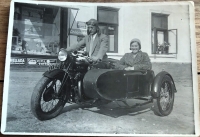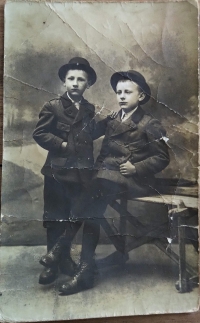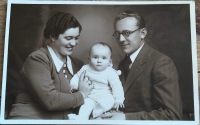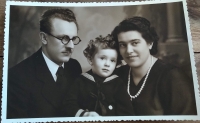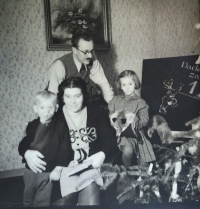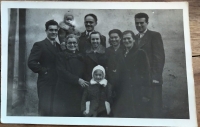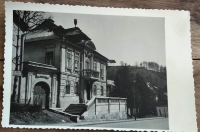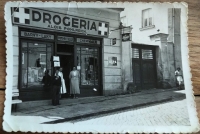As the daughter of a Czech businessman with a drugstore, she could not study what she wanted
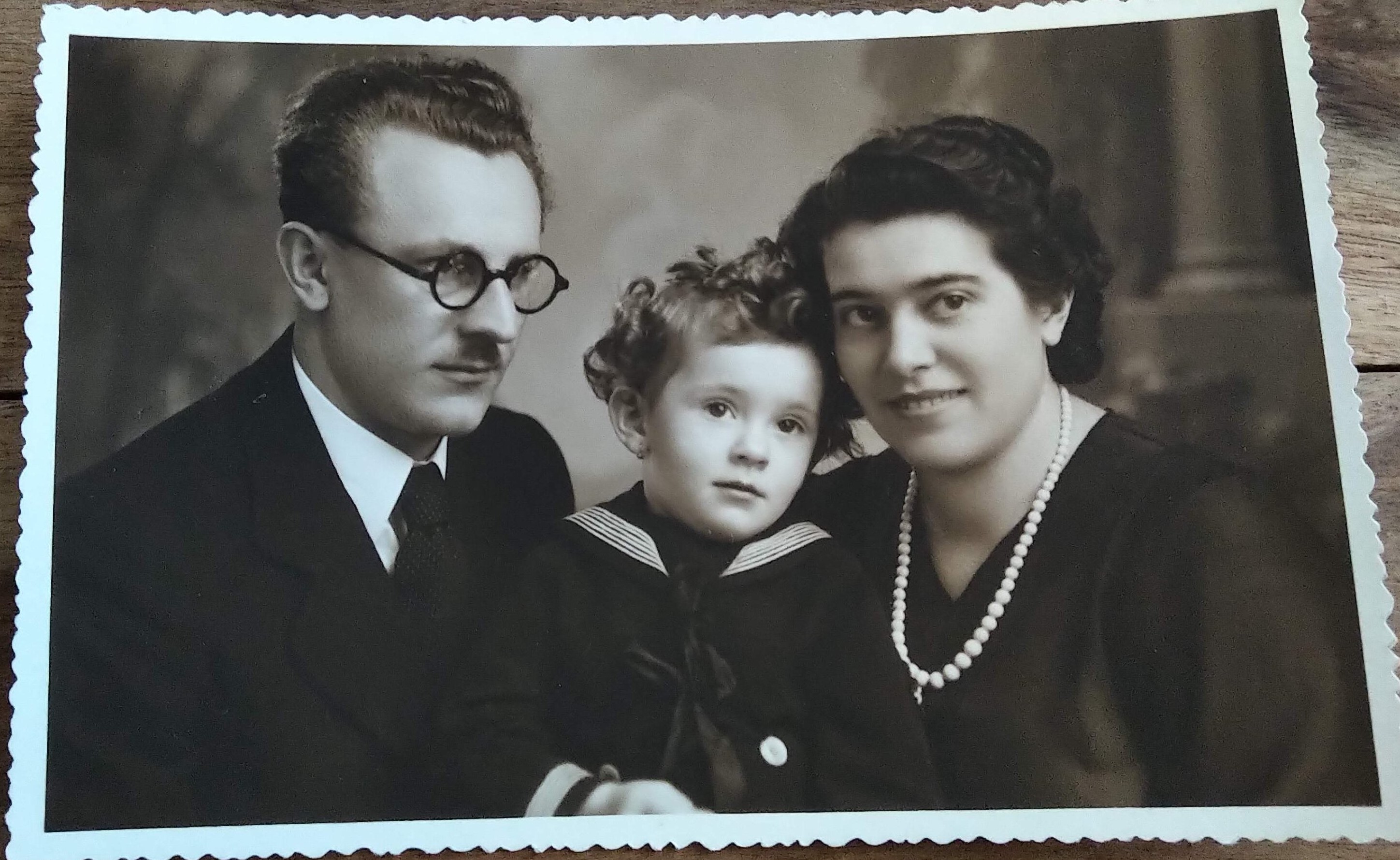
Stáhnout obrázek
Dagmar Kollárová comes from a family of small entrepreneurs. Today we would call her father a self-employed person. His name was Alois Pohlreich and he came from the small town of Polná near Jihlava in Moravia. His father had a butcher‘s shop there. Dagmar‘s father Alois trained as a druggist and in 1936 came to do business in Banská Štiavnica. He was a skilled and successful businessman and was considered a competition by the locals. Her mother Mária, born Hynková, also came from Moravia from Vyškov. She was a teacher back home, but she did not teach in Banská Štiavnica because she was Czech. That‘s why she was a housewife. The good times for the interwar Czechoslovakia ended for Alois after the establishment of the war-torn Slovak Republic in 1939. The then regime expelled Czechs and sent them back to the Protectorate of Bohemia and Moravia. He was not expelled because Banská Štiavnica was a multicultural city and there were also several Czechs in important positions, such as school principals. But the new regime harmed him. For example, he had to sell goods at wholesale prices, so he did not earn anything. During the war, Dagmar‘s father helped the partisans and once ended up in a death cell, from where he only got by chance. After the communists came to power, the drugstore business was nationalized. At that time, he had goods in stock for 4.5 million crowns. After nationalization, her father was unemployed for a while. He was pushed to work in a quarry or mine which he did not want. Finally, an acquaintance arranged for him to work at the Forest Research Institute, where he worked until the age of 75. As a child of a self-employed person and a class enemy, the witness could not choose much where to go to high school. Her father had many friends in the city, so at least he equipped her with a chemical industry. „The principal was a Czech there, whom my father knew well, but it was not my dream school,“ explains Dagmar. In 1957, she graduated from the Chemical Industry School and received a job placement in Žiar na Hronom in the SNP Plant. Dagmar also remembers well the invasion of Allied troops into Czechoslovakia in August 1968. At that time, she met Russian soldiers in the woods on her way from vacation from Zemplínská Šírava. Dagmar does not have significant memories of the period of normalization. She devoted herself to family and children. She worked at the SNP Plant until the early 1990s, when she retired early to take care of her grandson. When demonstrations against the communist regime began in the fall of 1989, the memorial said it was to be expected. She perceived the disintegration of Czechoslovakia negatively, as her parents were Czechs and part of their family lived in the Czech Republic. Today she lives in retirement in Lutila near Žiar nad Hronom.
